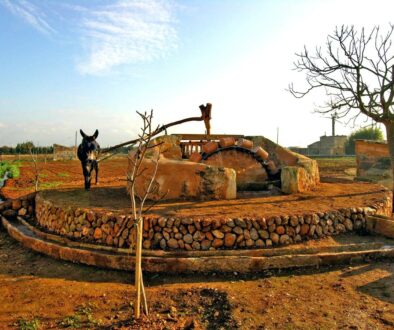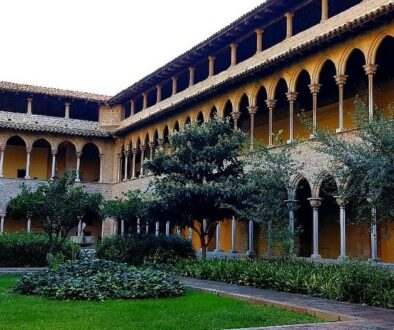Nara Document on Authenticity
UNESCO-ICCROM-ICOMOS2007
The Nara Document on Authenticity is a document that addresses the need for a broader understanding of cultural diversity and cultural heritage in relation to conservation in order to evaluate the value and authenticity of cultural property more objectively. It was drafted by 45 representatives from 28 countries after their deliberation on the definition and assessment of authenticity during the Nara Conference held in Nara in November 1994.
Such a conference was first suggested by ICOMOS during the 16th meeting of the World Heritage Committee. The Japanese government took up the initiative and organized the Conference jointly with UNESCO, ICCROM and ICOMOS. The experts attending the Conference reached a consensus that “authenticity is an essential element in defining, assessing, and monitoring cultural heritage.” They recognized the concept and application of the term “authenticity” actually vary from culture to culture. Therefore, when authenticity is being assessed for a particular cultural heritage, its underlying cultural context should be considered.




